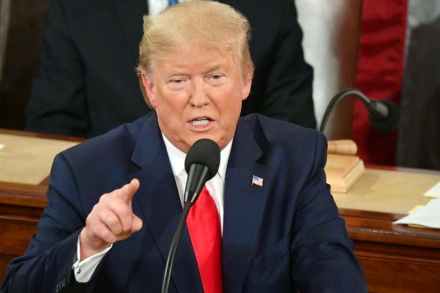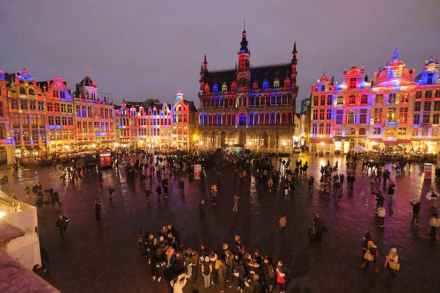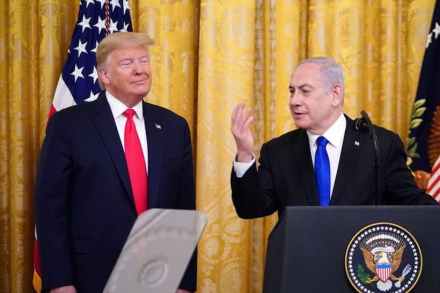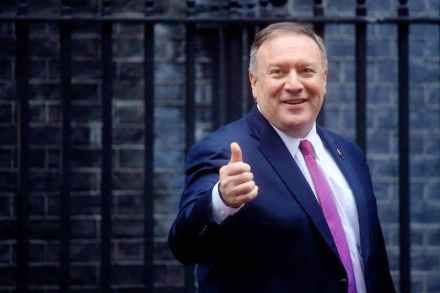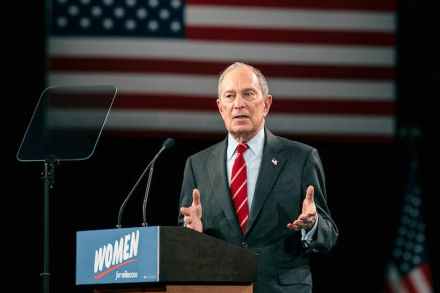Of course president Trump was acquitted
The impeachment of President Trump was unfounded in law and in fact and was never anything but a smear-job organised by the Democratic House intelligence chairman (Adam Schiff) with a pretend whistleblower. Trump asked the president of Ukraine for the facts about the association of former vice president Biden and his son’s activities in Ukraine, not a condemnation; that was not inappropriate. president Zelensky has said there was no pressure, the investigation seems not to have occurred, and the assistance to Ukraine was sent within legislated deadlines. The House of Representatives procedure was spurious; the president received none of the rights accorded to defendants in the Constitution’s Bill of Rights,
